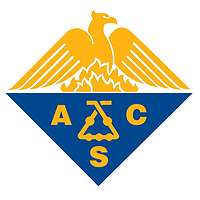Additions of cysteine thiols to Michael acceptors underpin the mechanism of action of several covalent drugs (e.g., afatinib, osimertinib, ibrutinib, neratinib, and CC-292). Reversible Michael acceptors have been reported in which an additional electron-withdrawing group was added at the alpha-carbon of a Michael acceptor. We have performed density functional theory calculations to determine why thiol additions to these Michael acceptors are reversible. The alpha-EWG group stabilizes the anionic transition state and intermediate of the Michael addition, but less intuitively, it destabilizes the neutral adduct. This makes the reverse reaction (elimination) both faster and more thermodynamically favorable. For thiol addition to be reversible, the Michael acceptor must also contain a suitable substituent on the beta-carbon, such as an aryl or branched alkyl group. Computations explain how these structural elements contribute to reversibility and the ability to tune the binding affinities and the residence times of covalent inhibitors.

Kinetics and Thermodynamics of Reversible Thiol Additions to Mono- and Diactivated Michael Acceptors: Implications for the Design of Drugs That Bind Covalently to Cysteines
Review badges
0 pre-pub reviews
0 post-pub reviews